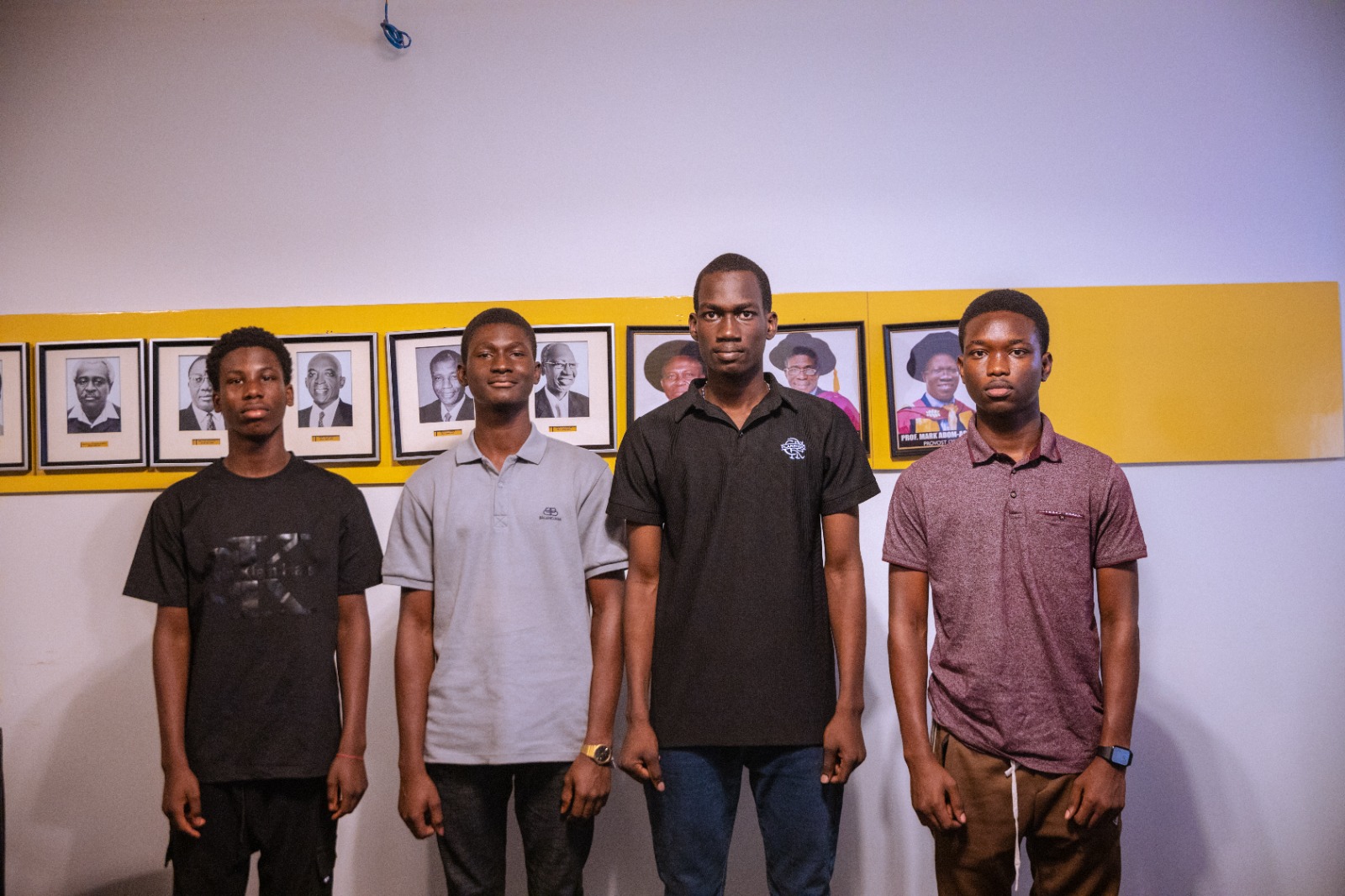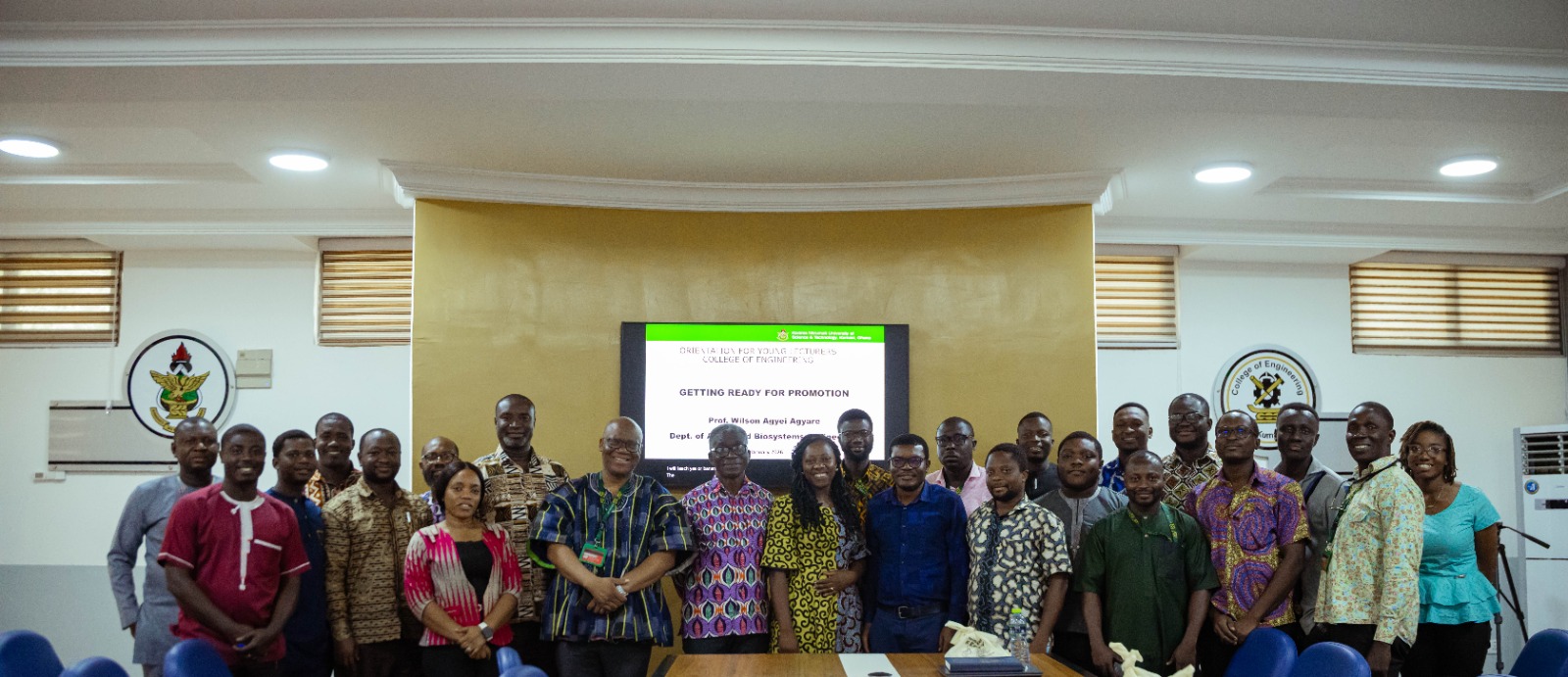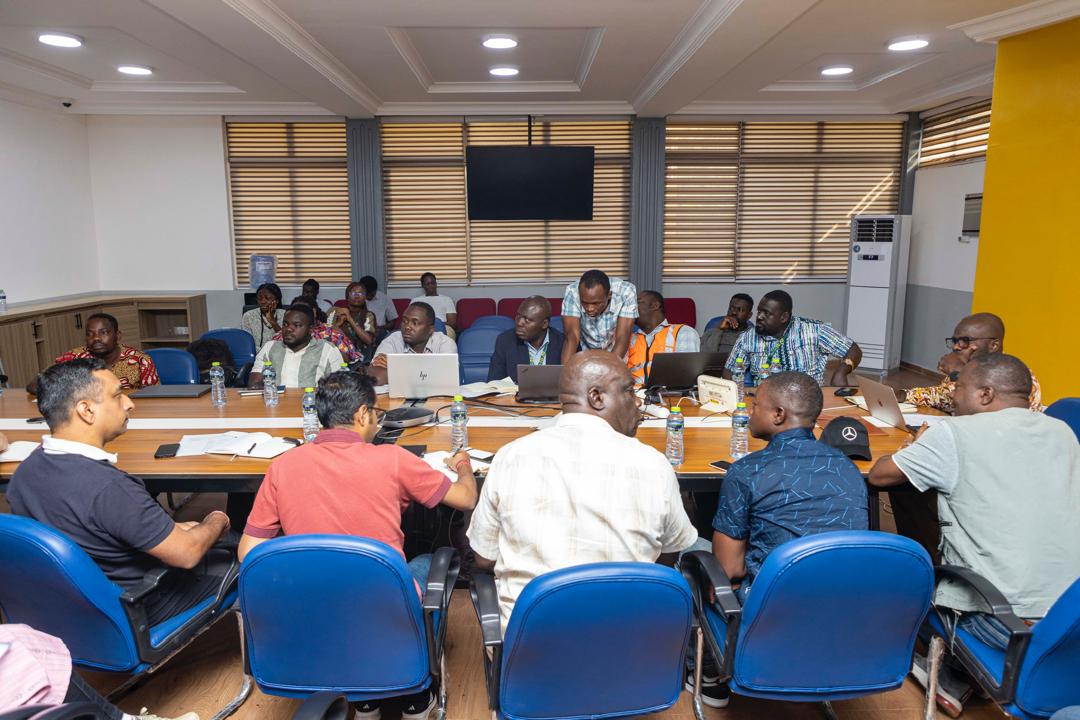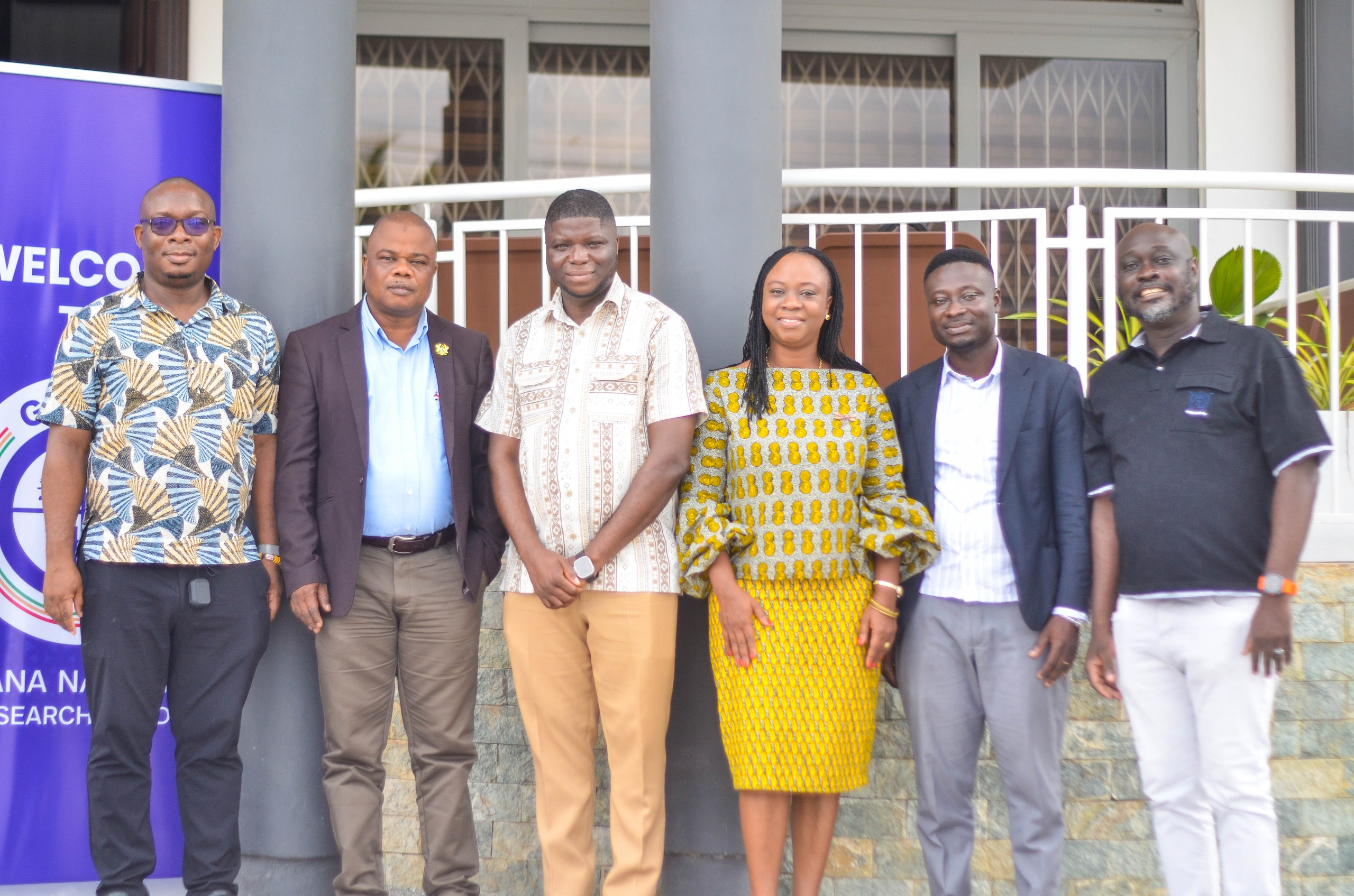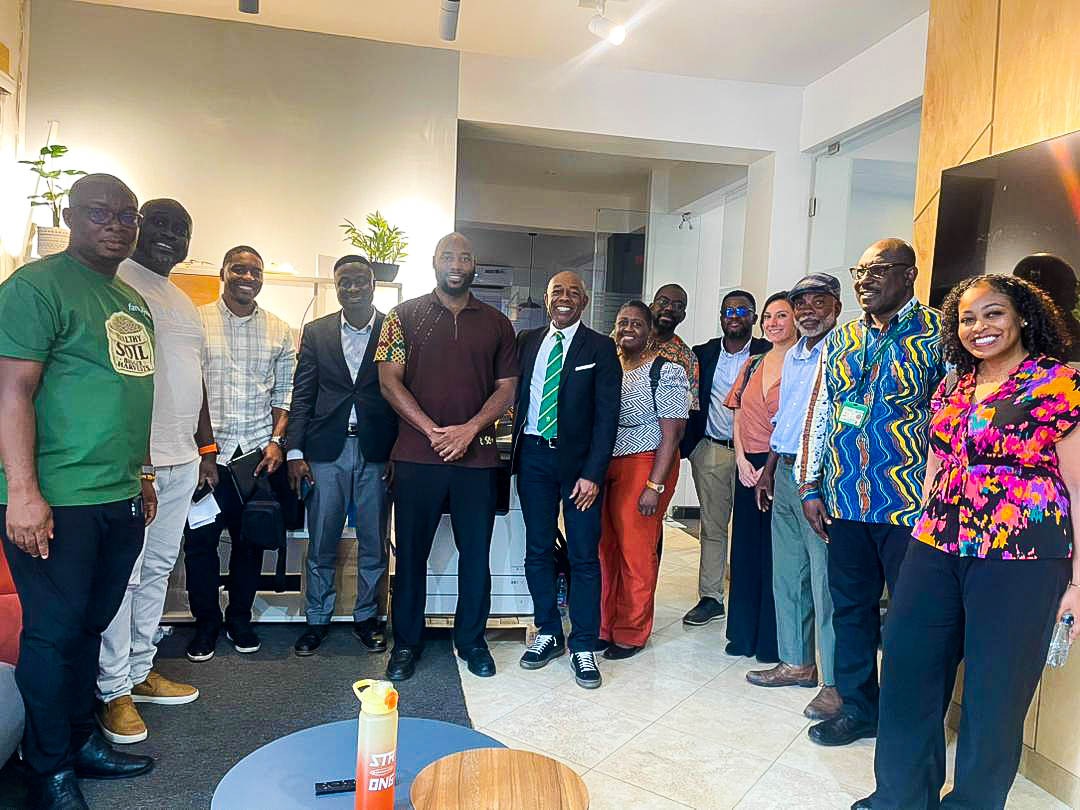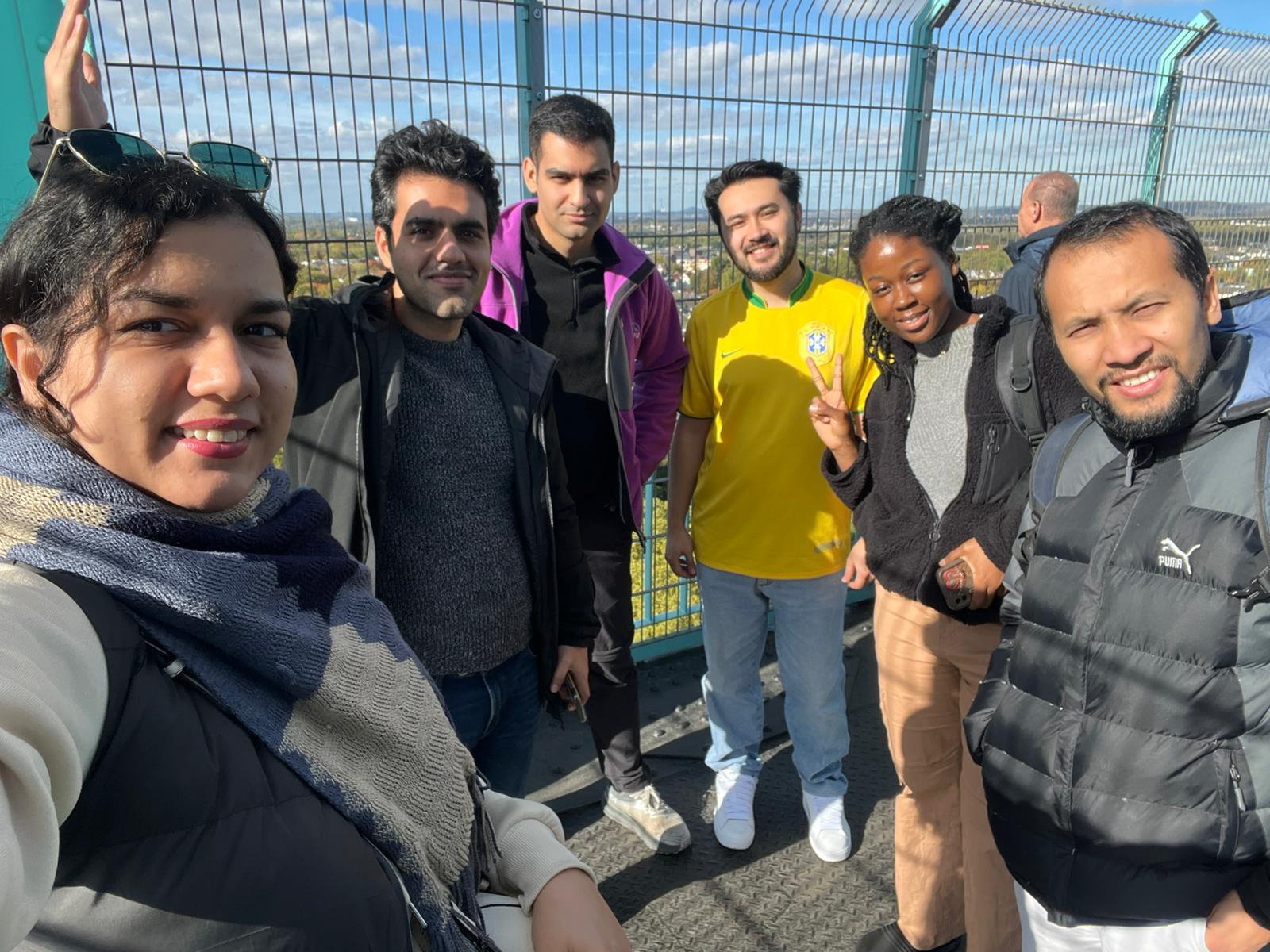From the quiet classrooms of New Oxford International School in Afful Nkwanta to cutting-edge research labs in the United States, Dr. Owusu Twumasi’s journey is a powerful story of determination, faith, and purpose. Today, he stands as a Structural Engineer and Lecturer at the Department of Civil Engineering, KNUST, but his story begins long before titles and accolades.
Growing up in Kumasi, Dr. Twumasi received his basic education at New Oxford International School. He then joined Opoku Ware School (OWASS) where he proudly bore the school number BD 34. It was during these formative years that a quiet love for science and building things began to take root. That interest grew stronger at KNUST, where he pursued his Bachelor of Science in Civil Engineering. But it wasn’t until his third year, during a reinforced concrete design class, that he truly understood the weight of his chosen field. Structural failures were not just engineering problems, they were human tragedies. That realization shaped his mission, “using engineering as a tool to protect lives”.
After nearly four years of industry experience, Dr. Twumasi felt the urge to dig deeper. He pursued a Master’s degree in Civil Engineering at Southern Illinois University, Carbondale, and went on to earn a Ph.D. in Civil Engineering with a focus on Structural Engineering and Cementitious Materials from the University of Massachusetts Lowell. Along the way, he cultivated expertise in structural reliability, non-destructive evaluation (NDE), corrosion analysis, electromagnetic and microwave-based testing methods, and structural health monitoring (SHM).
Now back in Ghana, Dr. Twumasi is pouring his energy into transforming the way the nation understands and maintains its infrastructure. At the college, his research group is working to develop a national SHM framework, a proactive system to monitor and maintain civil infrastructure before tragedy strikes. The goal? To reduce building collapses and extend the life of Ghana’s critical structures.
His work speaks volumes. In a paper published by the ASCE Journal of Structural Engineering, he co-developed a portable radar system using Synthetic Aperture Radar (SAR) to detect cracks and subsurface defects in concrete, making inspections safer and more efficient. Another landmark study in Sensors explored the use of gold nanocomposites and fiber Bragg gratings to detect early-stage corrosion in steel rebars. These innovations, many of which are non-invasive and image-based, are paving the way for a safer built environment.
He has also applied machine learning to structural analysis. In a 2023 publication, his team trained an algorithm using images of cracked concrete to estimate the load-carrying capacity of damaged structures, providing a digital, cost-effective tool for damage assessment. His body of work shows a common thread: making complex engineering problems solvable with accessible, smart solutions.
Dr. Twumasi’s impact stretches far beyond the laboratory. He is currently co-leading the “Low-Cost Monitoring of Critical Infrastructures in Ghana” project, in partnership with ETH Zurich and the Ghana Highway Authority. The Adomi Bridge serves as a pilot site, with hopes of expanding this innovation nationwide. In collaboration with Carnegie African Diaspora Fellow Prof. Josiah Owusu-Danquah, he is also developing a micro-credential program in SHM, designed to equip Ghanaian students and professionals with globally competitive skills.
For Dr. Twumasi, engineering is deeply personal. It is not just numbers and formulas, it is about people, safety, and service. His Christian faith is the anchor that keeps him grounded. Guided by the verse John 3:16, he lives with a sense of eternal purpose. His favorite mantra,“You are who you have consistently prophesied to become”, has helped him navigate difficult seasons, including nearly dropping out of his Ph.D. program.
Beyond research, he is a teacher and mentor. He recalls mentoring a National Service personnel who is now pursuing a Ph.D. in the U.S. with flying colors. He also remembers the logistical challenge of conducting oral exams for over 340 students, a task only made possible through teamwork and grit. Students who once found his standards tough have come back to thank him for the discipline and rigor, testifying to how it prepared them for graduate school and careers.
Teaching, for him, must evolve with the times. He uses tools like VClass, Zoom, Google Forms, and QR codes for interactive learning. He incorporates real engineering projects, invites industry experts to class, and uses Ghanaian case studies to make lessons practical. His students don’t just study theories, they apply them.
He sees immense challenges in Ghana’s engineering education landscape, outdated lab equipment, overcrowded classes, and limited female participation. But he also sees great promise. Ghana’s infrastructure needs create fertile ground for applied research. With increasing international collaboration and growing STEM investment, he believes the future is bright, if the country stays committed to hands-on, industry-aligned, and innovation-driven education.
To students, especially those who may doubt their potential, his message is simple but powerful: grades don’t define your future, but passion, discipline, and faith do. He urges them to find mentors, believe in their journey, and commit to lifelong growth. To young women, he says structural engineering is not a field for men alone. There is room and great need for their perspectives and talents.
In every brick, beam, and bridge, Dr. Owusu Twumasi is building more than structures. He is building legacy, resilience, and hope for Ghana’s future.



